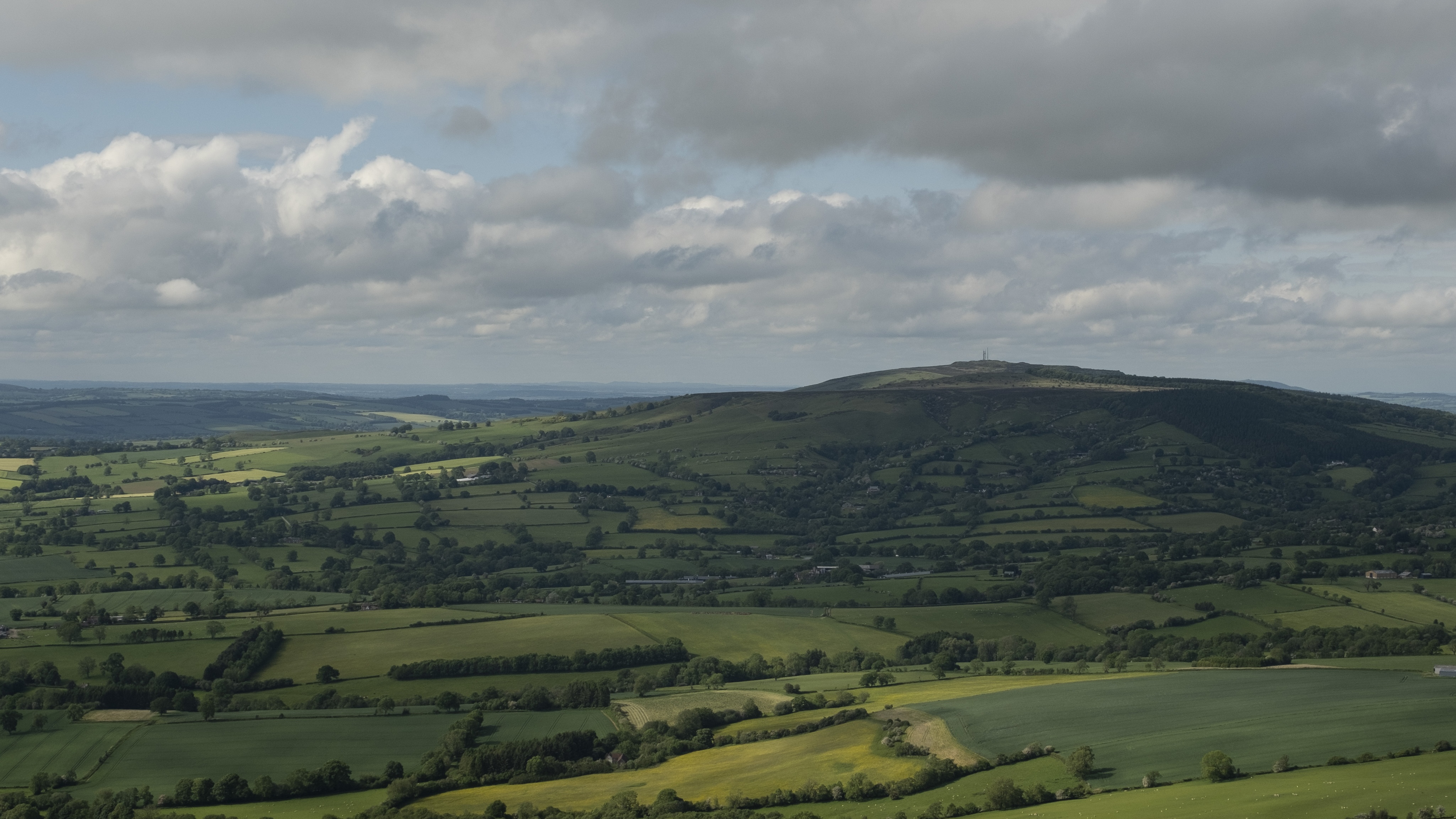The best places to survive the collapse of society
Experts rank island nations at top of ‘most resilient’ list

A free daily email with the biggest news stories of the day – and the best features from TheWeek.com
You are now subscribed
Your newsletter sign-up was successful
The UK is among the five best countries in the world to “restart life” in the event of a sudden global catastrophe, a new study has found.
Anglia Ruskin’s Global Sustainability Institute has ranked the UK alongside New Zealand, Iceland, Ireland and the Australian island state of Tasmania as the places “most resilient to future threats” or a total societal collapse.
According to the researchers, a catastrophe “could arise from shocks, such as a severe financial crisis, the impacts of the climate crisis, destruction of nature, and even worse pandemic than Covid-19, or a combination of these”, says The Guardian.
The Week
Escape your echo chamber. Get the facts behind the news, plus analysis from multiple perspectives.

Sign up for The Week's Free Newsletters
From our morning news briefing to a weekly Good News Newsletter, get the best of The Week delivered directly to your inbox.
From our morning news briefing to a weekly Good News Newsletter, get the best of The Week delivered directly to your inbox.
In a study paper published in the journal Sustainability, the experts warn that human civilisation is in a “perilous state, with large and growing risks developing in multiple spheres of the human endeavour”.
The experts single out “only a handful of countries” as “places of refuge” - dubbed “collapse lifeboats” - that seem “protected even in the event of mass floods, drought or food loss”, Metro reports.
The rankings are based on countries’ ability to grow food for their population, protect their borders, maintain an electrical grid and preserve manufacturing ability.
And “islands in temperate regions and mostly with low population densities have come out on top”, says The Irish Times.
A free daily email with the biggest news stories of the day – and the best features from TheWeek.com
The best-rated nations were also found to have “higher levels of societal and technological ‘complexity’ within their borders, as well as lower temperatures that could offset the worst excesses of climate change”, Metro adds.
New Zealand tops the best places list, having “scored particularly well on population and geographical location”, notes The Independent.
The UK, meanwhile, gets a high rating for self-sufficiency, owing to its “abundant indigenous renewable and non-renewable energy sources, modern high-tech economy and large manufacturing capacity", and also “scored highly in its ability to protect its borders from unwanted mass immigration”, the newspaper adds
Study co-author Professor Aled Jones told The Guardian that “we weren’t surprised New Zealand was on our list”.
“We chose that you had to be able to protect borders and places had to be temperate,” he continued. “So with hindsight, it’s quite obvious that large islands with complex societies on them already [make up the list].”
But “we were quite surprised the UK came out strongly”, Jones added. “It is densely populated, has traditionally outsourced manufacturing, hasn’t been the quickest to develop renewable technology, and only produces 50% of its own food at the moment. But it has the potential to withstand shocks.”
-
 The Olympic timekeepers keeping the Games on track
The Olympic timekeepers keeping the Games on trackUnder the Radar Swiss watchmaking giant Omega has been at the finish line of every Olympic Games for nearly 100 years
-
 Will increasing tensions with Iran boil over into war?
Will increasing tensions with Iran boil over into war?Today’s Big Question President Donald Trump has recently been threatening the country
-
 Corruption: The spy sheikh and the president
Corruption: The spy sheikh and the presidentFeature Trump is at the center of another scandal
-
 The plan to wall off the ‘Doomsday’ glacier
The plan to wall off the ‘Doomsday’ glacierUnder the Radar Massive barrier could ‘slow the rate of ice loss’ from Thwaites Glacier, whose total collapse would have devastating consequences
-
 Can the UK take any more rain?
Can the UK take any more rain?Today’s Big Question An Atlantic jet stream is ‘stuck’ over British skies, leading to ‘biblical’ downpours and more than 40 consecutive days of rain in some areas
-
 As temperatures rise, US incomes fall
As temperatures rise, US incomes fallUnder the radar Elevated temperatures are capable of affecting the entire economy
-
 The world is entering an ‘era of water bankruptcy’
The world is entering an ‘era of water bankruptcy’The explainer Water might soon be more valuable than gold
-
 Climate change could lead to a reptile ‘sexpocalypse’
Climate change could lead to a reptile ‘sexpocalypse’Under the radar The gender gap has hit the animal kingdom
-
 The former largest iceberg is turning blue. It’s a bad sign.
The former largest iceberg is turning blue. It’s a bad sign.Under the radar It is quickly melting away
-
 How drones detected a deadly threat to Arctic whales
How drones detected a deadly threat to Arctic whalesUnder the radar Monitoring the sea in the air
-
 ‘Jumping genes’: how polar bears are rewiring their DNA to survive the warming Arctic
‘Jumping genes’: how polar bears are rewiring their DNA to survive the warming ArcticUnder the radar The species is adapting to warmer temperatures